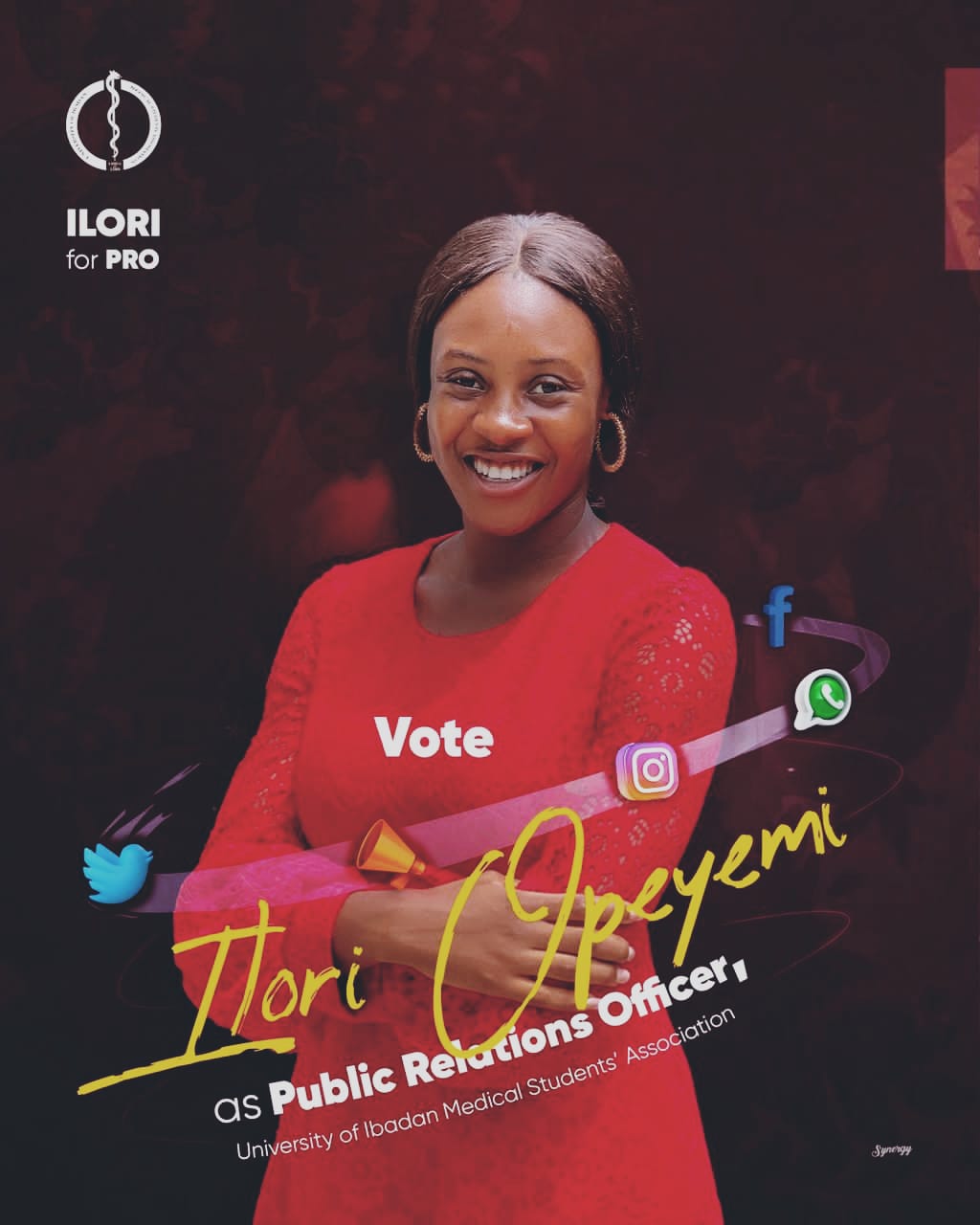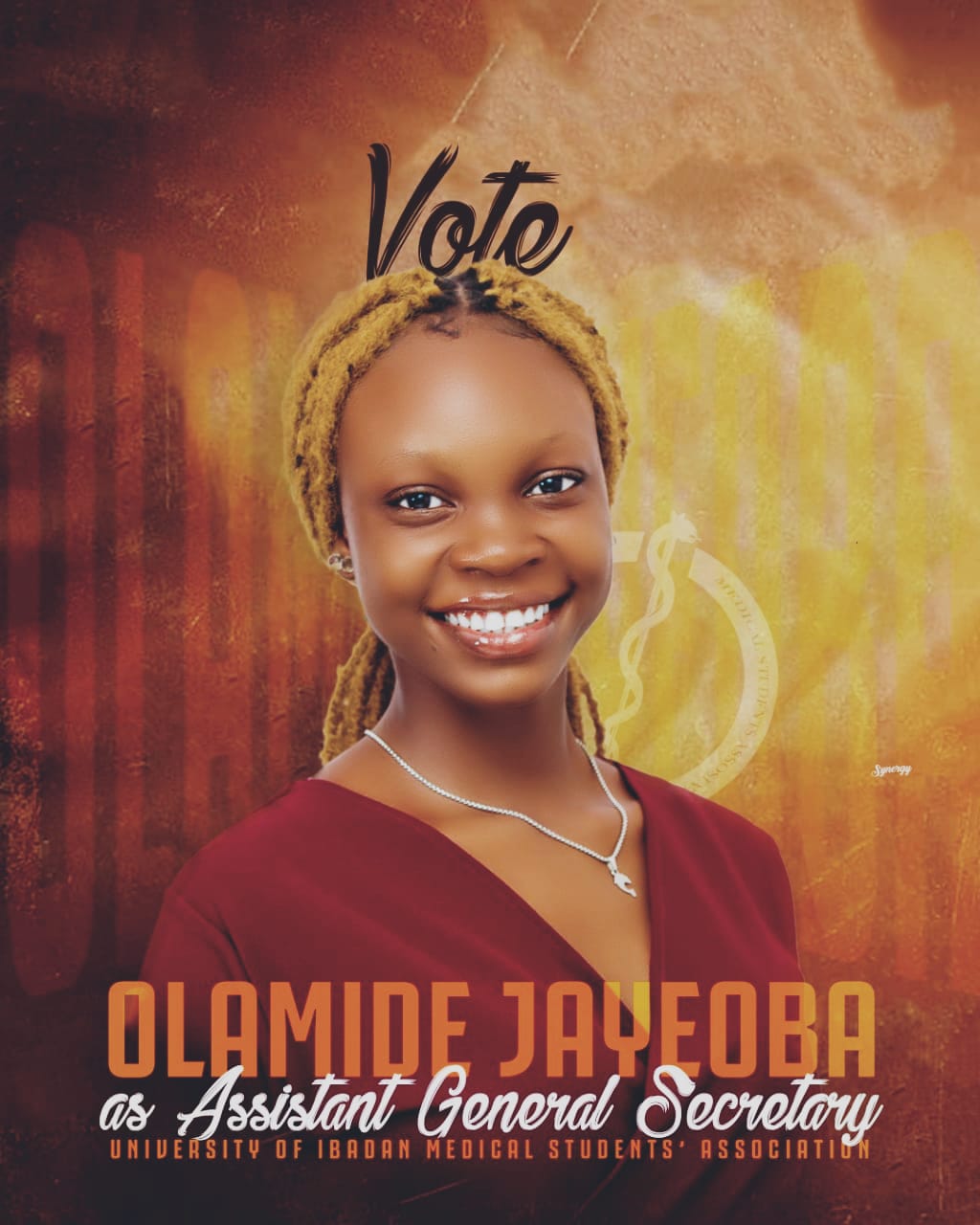On Youth Participation in National and Student Legislature

The passage of the National Anthem Bill, 2024 by Nigeria’s Legislature is a significant example of the power legislative bodies wield in shaping national identity and directing national development. The reversion to the old anthem, “Nigeria, We Hail Thee,” supposedly invokes a sense of nostalgia in the older generation and also fosters continuity with Nigeria’s past. It’s also to consolidate a sense of shared heritage among the political class and older generations, which, arguably, are crucial for national cohesion.
However, this action was met with disapproval among the youthful population, who view it as a distraction from the myriad of problems bedevilling the country. Many young Nigerians felt disregarded because proper public consultation was not conducted. This situation raises an old question: What is the role of youth in shaping national consciousness through involvement in politics?
The emergence of youth leadership in Nigeria’s Legislature has been a gradual and impactful process that has climaxed in movements such as “Not Too Young to Run.” which significantly lowered the age barrier for political participation on the other side, enabling more young Nigerians to enter the political arena. Youth involvement in the Legislature is not merely a symbolic gesture; it brings fresh perspectives, innovative ideas, and renewed energy to the political process. Younger legislators are more equipped to address contemporary issues such as technology, education, and social justice.
However, the impact of young legislators is often tempered by entrenched political practices and the pervasive influence of established power structures. While the infusion of youthful energy is a positive development, young politicians frequently encounter challenges in navigating the complex and often opaque political landscape filled with the booby traps of tribalism, religion, and godfatherism. Their efforts to introduce progressive changes can be stymied by existing power structures prioritising stability over innovation. Despite these challenges, the presence of young leaders in the Legislature represents a critical step towards a more inclusive and dynamic political environment.
Young legislators like Rt. Hon. Adebo Ogundoyin, Speaker of the Oyo State House of Assembly, epitomise the dichotomy within Nigeria’s youth leadership. On one hand, they are celebrated as harbingers of change expected to inject new life into the political system. On the other hand, they can sometimes be perceived as complicit in maintaining the status quo of stomach infrastructure that has been the bane of Nigeria’s political advancement. Rt. Hon. Adebo’s recent anti-progressive comments on local government autonomy, which is a clog in the wheels to the implementation of true fiscal federalism in Oyo State, juxtaposed with his role as a champion of youth participation in politics—evidenced by his organisation of the Maiden Rt. Hon. Adebo Ogundoyin Students’ Legislative Summit—highlight the complexities and contradictions that young politicians face. They are often caught between their idealistic aspirations and the pragmatic demands of political life.
This dichotomy is not unique to Nigeria but is a common feature in many political systems where young leaders strive to make a difference. The challenge for these young legislators is to remain true to their ideals while navigating the intricate and often challenging political landscape. Hon. Adebo’s faux pas on local government autonomy underscores the need for young politicians to develop resilience and strategic acumen that will enable them to balance their commitment to change with the realities of governance.
Student legislative bodies serve as vital training grounds for Nigeria’s future politicians. These platforms allow young leaders to experiment with governance, policy-making, and public speaking in a controlled environment. Through participation in student politics, young Nigerians can develop essential skills and gain valuable experience that will serve them well in their future political careers.
However, these student legislative bodies also reflect the larger political system, complete with their strengths and weaknesses. As a keen and conscientious observer of student politics and unionism, I have experienced firsthand how the political problems of Nigeria play out on the University of Ibadan campus. Issues such as corruption, favouritism, and political manoeuvring within these student bodies closely mirror the challenges faced in national politics. There’s also a similarity with the rubber-stamp role Honorables play at both levels. The extent to which these student bodies can reform and produce a new generation of politicians different from the current crop is a matter of ongoing debate. Nonetheless, the experience gained in these settings is invaluable, providing a foundational understanding of political processes and the importance of ethical leadership.
The Nigerian Legislature faces several formidable challenges, including pervasive corruption, lack of transparency, and a disconnect with the electorate. These issues have long plagued the political system, undermining public trust and impeding effective governance. However, the Legislature also presents significant opportunities for change and renewal. The increasing involvement of youth in politics offers the potential for a more vibrant and responsive legislative body, provided that young leaders remain steadfast in their commitment to their ideals and resist the temptations of power.
To harness these opportunities, it is essential to address the systemic issues that hinder the effective functioning of the Legislature. This includes implementing measures to enhance transparency, promote accountability, and foster greater engagement with the electorate. By doing so, the Legislature can become a more effective and representative institution, better equipped to address the needs and aspirations of the Nigerian people.
For the Nigerian Legislature to truly reflect the aspirations of its people, it must embrace comprehensive reforms that promote youth inclusion starting from the various university campuses in Nigeria. These reforms would create a legislative environment that encourages active participation from all segments of society, particularly the youth and student leaders. Young leaders must be at the forefront of these reforms, advocating for policies that address the diverse needs of the Nigerian population.
Legislature at all levels stands at a critical juncture, potentially shaping the country’s future for better or worse. The recent passage of the National Anthem Bill serves as a reminder of the Legislature’s significant influence on national development, and the role of youth in this process is crucial, as they represent the promise of a new brand of politics characterised by innovation, inclusivity, and responsiveness. However, it will require a concerted effort from all stakeholders to ensure that the Legislature evolves into an institution that genuinely serves the Nigerian people and acts as a beacon of hope and progress, driving the nation towards a brighter future.
Thomas Jolly


